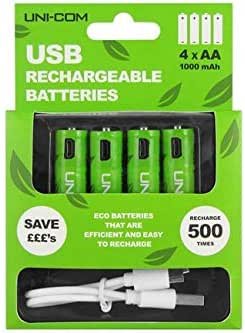rf065
MB Enthusiast
- Joined
- Jun 8, 2007
- Messages
- 5,241
- Location
- Grossbritannien
- Car
- SLC300 - C250d Estate 4 Matic & Z900rs
You don't hear many complaints from EV owners when they have another car to fall back on, but for anyone who only owns one EV and has no alternative there are plenty stories like this one......................https://www.autoevolution.com/news/porsche-taycan-owner-complains-about-serious-charging-network-issues-in-the-uk-152276.html
I've got a hunch that petrol/diesels cars will be selling like hot cakes in the last year before they are banned.
I've got a hunch that petrol/diesels cars will be selling like hot cakes in the last year before they are banned.



